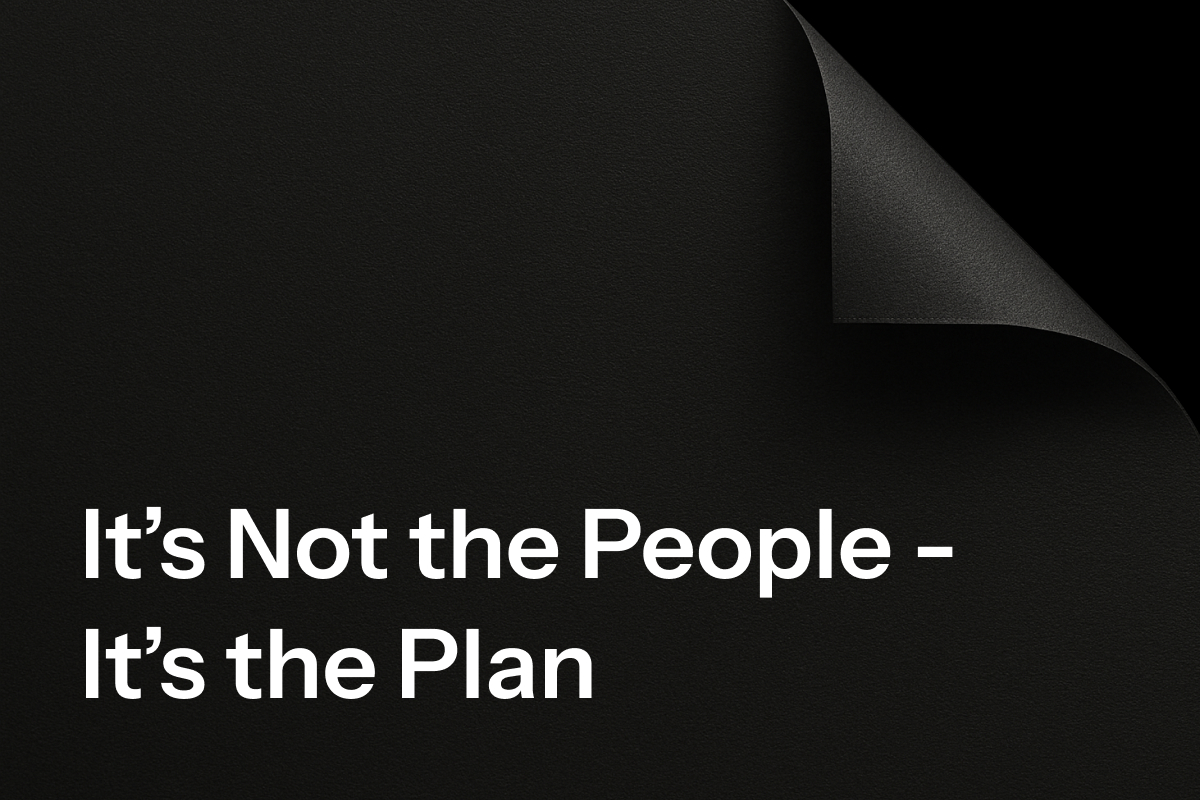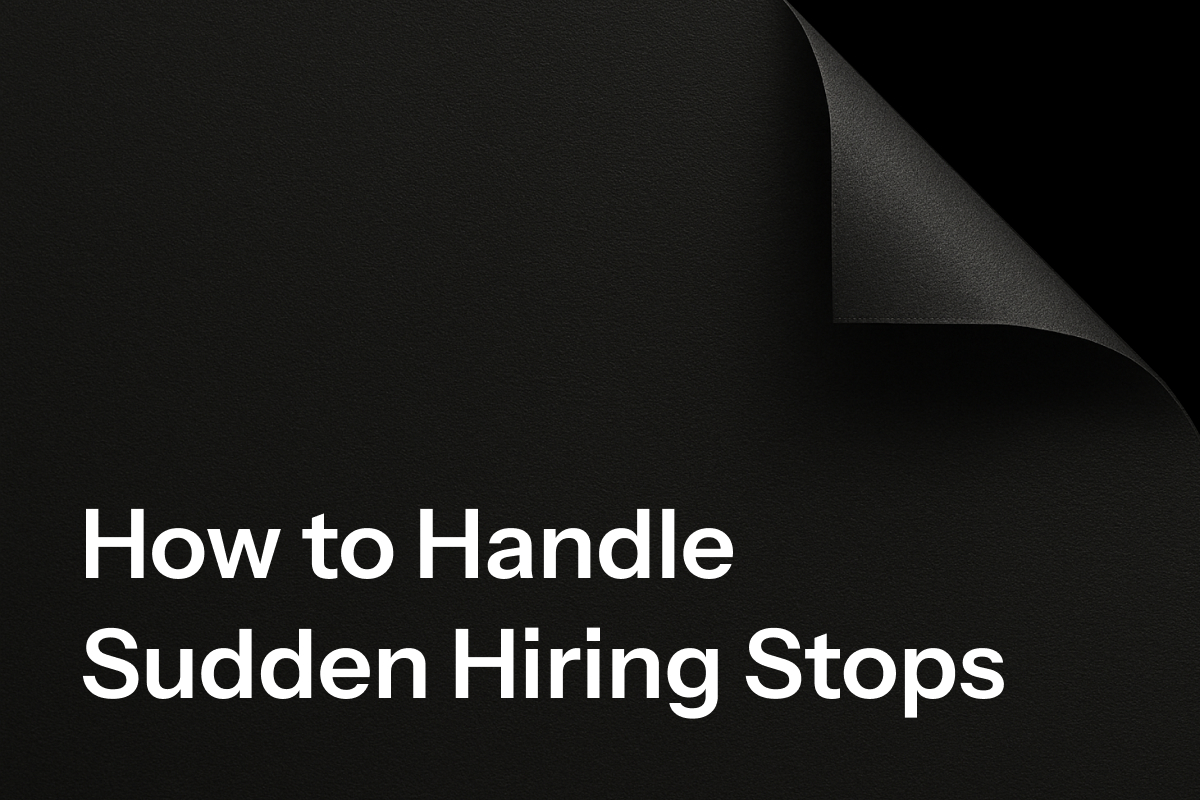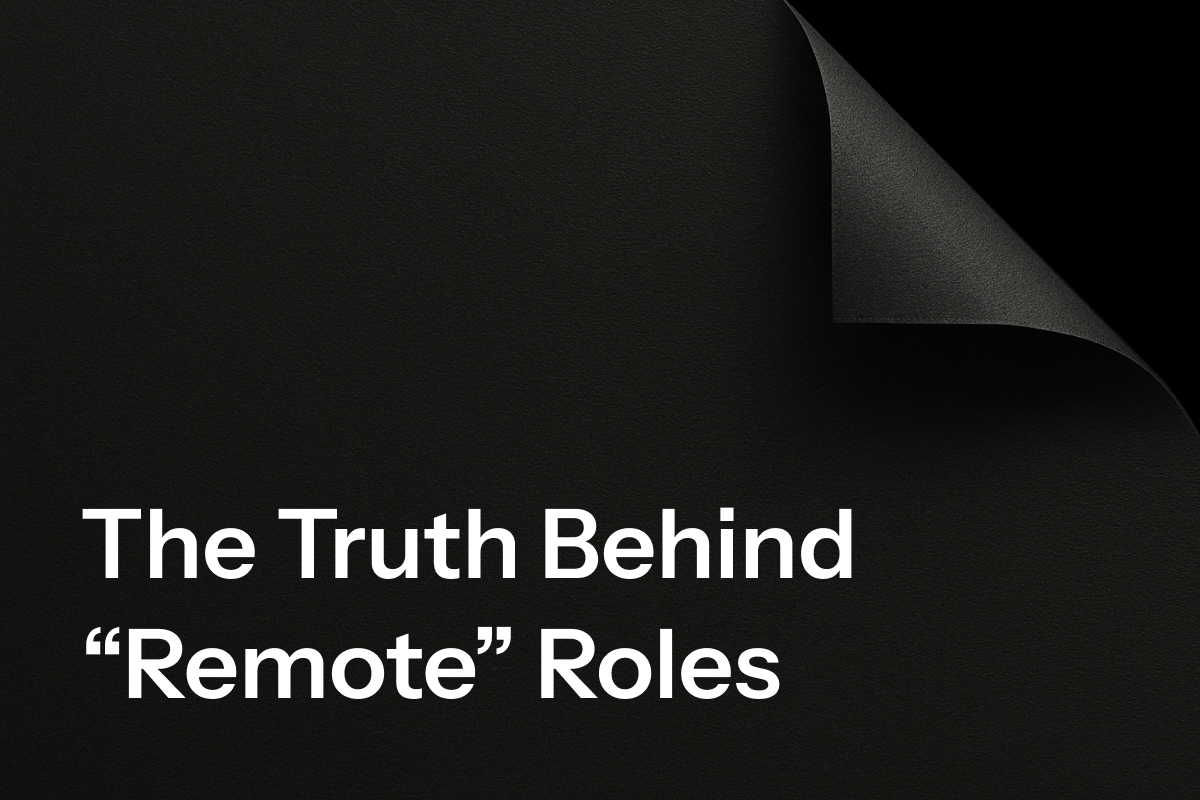Startups are messy, unpredictable, and demanding, but that’s what makes them exciting. Unlike big corporations where roles are well-defined and processes are set in stone, startups are built on uncertainty. Every hire you make isn’t just a number in the system, it’s a make-or-break decision that can shape the entire future of the company.
The Reality of Startup Hiring
Hiring for a startup isn’t just about checking boxes on a job description. It’s about finding people who can thrive in chaos, who don’t need a manual to figure things out, and who genuinely want to be part of something bigger than just a paycheck. You need people who will roll up their sleeves and say, “Let’s figure this out together.”
What Makes Startup Hiring Different?
- Culture Fit vs. Culture Add
In a startup, culture isn’t something you inherit, it’s something you build. You don’t want to hire people who just “fit in” with the existing team; you need people who add something new, who bring fresh ideas and challenge the way things are done. A great startup team is a mix of perspectives that push each other to think differently. - Skills vs. Potential
Startups don’t have the luxury of hiring for rigid roles. The person you bring in today might be handling marketing, operations, and customer support all at once. The key is hiring for adaptability, someone who can learn, evolve, and grow alongside the company. - Speed vs. Precision
There’s always pressure to hire fast, but one bad hire in a small team can do a lot of damage. The challenge is finding that balance, moving quickly but making thoughtful, intentional decisions. It’s better to be a little understaffed than to bring in the wrong person and regret it later.
Why I Love Working with Startups
I’ve always been drawn to startups because they let you build something from the ground up. There’s no rigid hierarchy, no outdated processes to follow, just a team of people figuring things out together. It’s a space where ideas actually matter, where you’re not just adding to something that already exists, but creating something new. Your specific touch will be there to stay, your style, your way of thinking.. Come to life in a group of people.One of my favorite experiences was helping a startup hire its first real team. There was no HR department, no formal hiring process, just a few passionate founders who needed the right people to bring their vision to life. I remember sitting in on interviews where candidates would ask, “So what exactly would my job be?” And the honest answer was, “We’ll figure that out together.” It was chaotic, yes, but watching that team grow and seeing the company take shape was incredibly rewarding..
Tips for Building a Rockstar Startup Team
- Hire Generalists Early On In the beginning, you need people who can wear multiple hats. Someone who’s willing to step outside their comfort zone and figure things out will be far more valuable than someone who’s only great at one specific task.
- Look for Passion, Not Just Experience Startups are tough, and if someone’s heart isn’t in it, they’ll burn out fast. The best startup employees are the ones who want to be there, who are excited about the mission, and who will push through the tough days because they believe in what they’re building.
- Use Non-Traditional Hiring Methods Resumes don’t tell the full story. Instead of just interviewing candidates, give them a challenge, something they’d actually be doing in the job. See how they think, how they approach problems, and whether they’re truly invested in solving them.
- Be Transparent About the Chaos Startups aren’t for everyone, and that’s okay. It’s better to be upfront about the reality, long hours, shifting priorities, wearing multiple hats, so you attract people who want that environment instead of those who will struggle with it.
Hiring for a startup isn’t about filling positions, it’s about building a team of people who will push, challenge, and grow the company together. It’s messy, unpredictable, and not for the faint of heart. But if you do it right, you’ll end up with something far greater than just a workforce, you’ll have a group of people who truly believe in what they’re building. And that’s when the magic happens.




